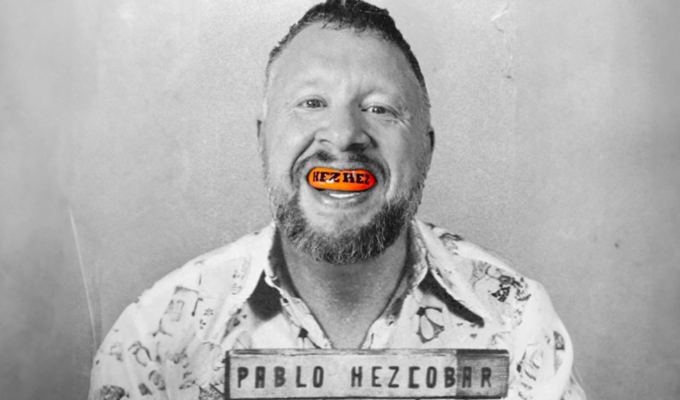Comic belief
How people automatically think comedians are funny
It’s not the way you tell ’em, as much as WHO is telling them, according to new research.
Psychologists have found that a joke seems funnier when we think it comes from a well-known comedian; while the same gag attributed to someone not known to be funny is more likely to fall flat. The gulf is even wider with more surreal or silly jokes.
But those hearing the joke had to be told exactly who was supposed to have come up with the line… simply knowing it was an unnamed comedian was not enough.
Coventry University researchers split 430 volunteers into two groups and given a series of jokes to rate, such as ‘How do you make a door laugh? Tickle its knob.’
The first group were told that the jokes came from a number of well known comedians, such as Jimmy Carr, and the second group were told that they came from celebrities who weren’t comedians, including Jamie Oliver.
The results showed that the group who believed it was a joke from a comedian rated the joke much higher than the other group, even though the gags were identical.
In a subsequent experiment the two groups were given another joke where the name of the comedian or celebrity was blacked out. This time there was no difference in how they funny they rated the joke.
Dr Johnson said: ‘We have all heard the catchphrase “It’s the way I tell ’em” and this research suggests that there is some truth in this.
‘We argue that using the name of someone who people consider funny generates an expectancy of humour when hearing a joke. This predisposes people to find the joke funnier than if they heard it from another non-comedic source.’
The findings will be presented at the British Psychological Society’s Annual Conference in Glasgow today
Published: 6 May 2011






